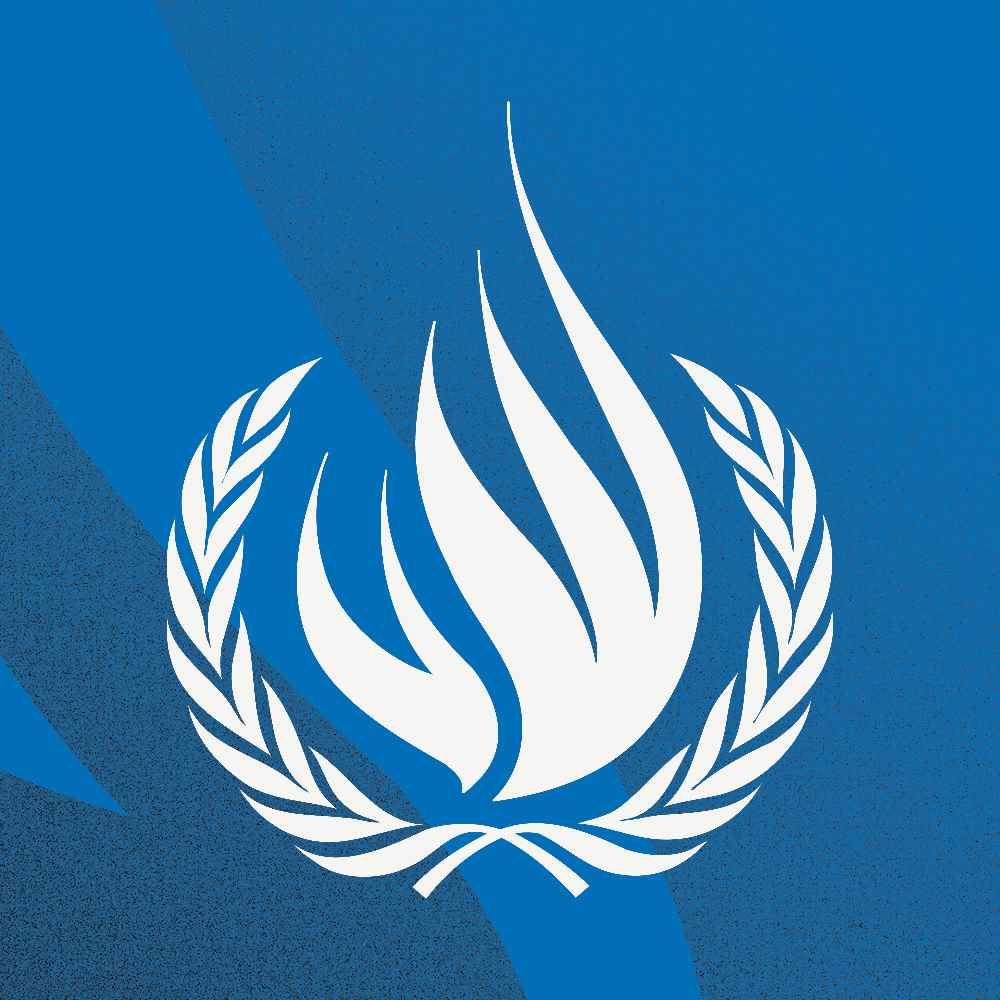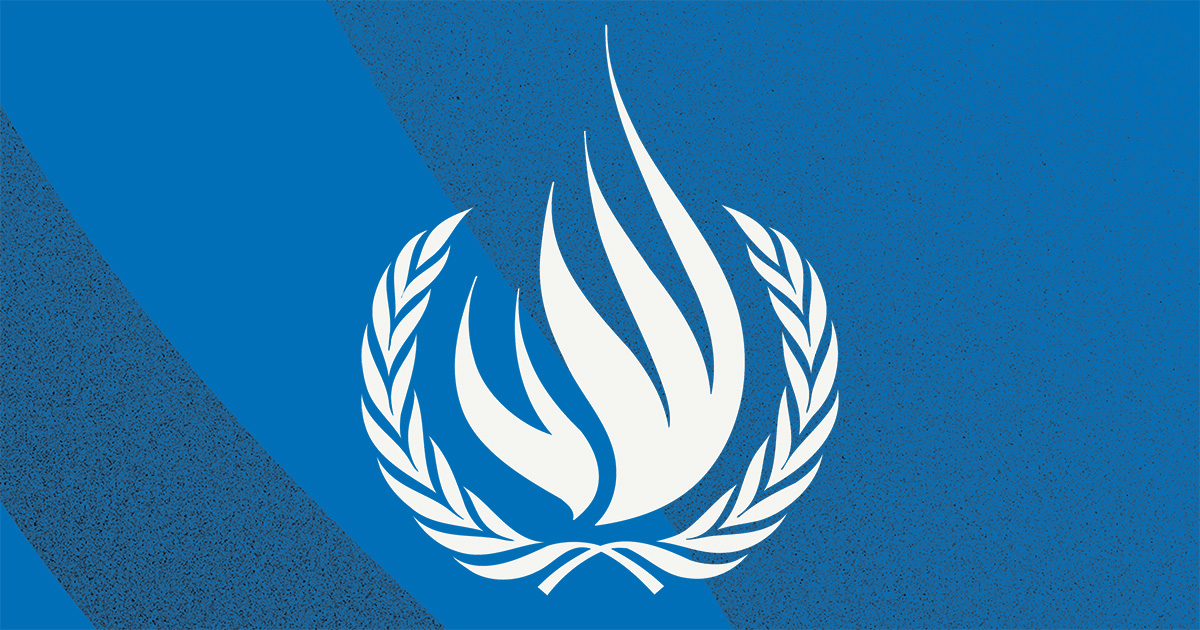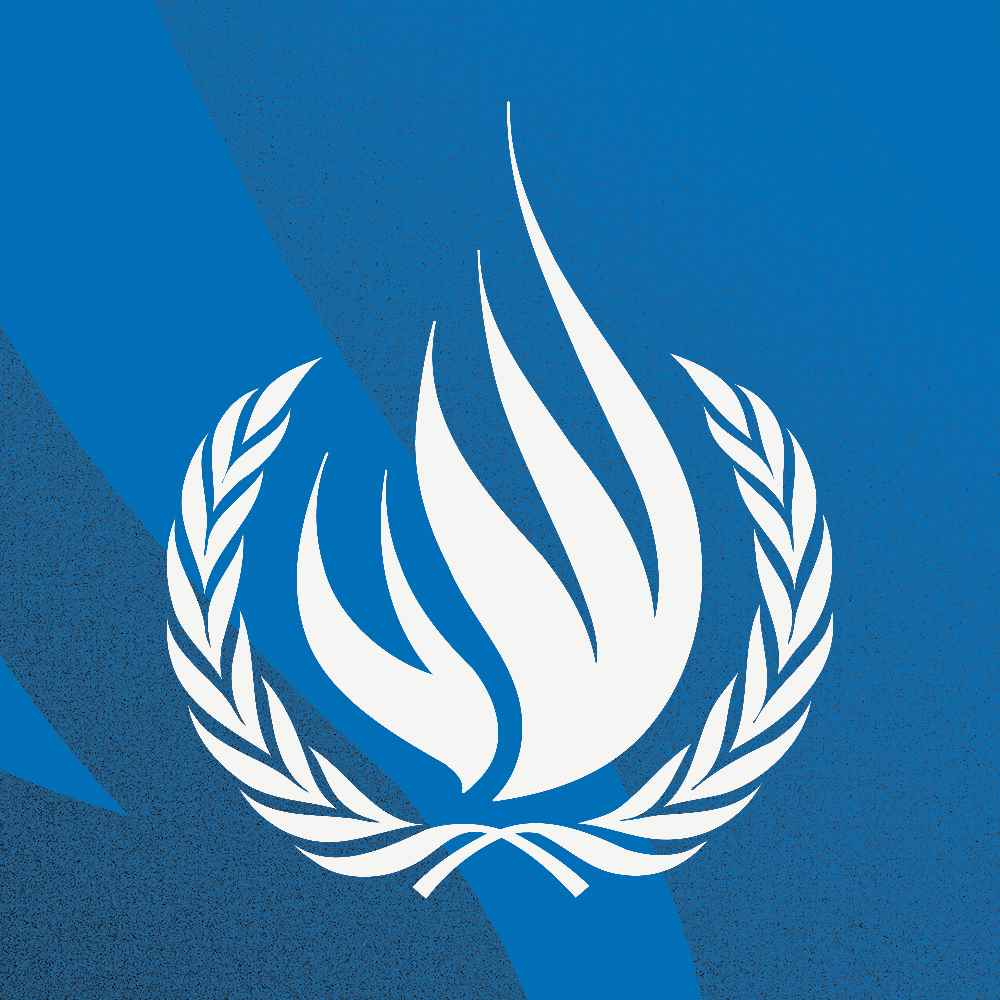
’m a hostage, I’m not free … I am enslaved, imprisoned in this jail, my life is not in my hands … I have been by myself in solitary confinement with no trial and no charge.” These are the words of Sheikha Latifa bint Mohammed bin Rashid al-Maktou, the 36-year-old daughter of the ruler of Dubai. She revealed details about her alleged forced confinement in a Dubai villa in secretly filmed videos, which were broadcast in a BBC Panorama documentary on Tuesday – several months after her friends lost all contact with her.
They are the first videos of Latifa to emerge since her abduction and forcible return to Dubai in March 2018, when she was captured off the coast of Goa by Indian forces working in coordination with the United Arab Emirates. In the video she says she lives in a villa “converted into a jail” with all the windows barred shut, two female police officers inside the house and five male police officers stationed outside. She says she is not allowed outside and is filming in the bathroom as it’s the only room she can lock.
It is not an isolated case. In 2000, the UAE authorities abducted Latifa’s older sister, Sheikha Shamsa, when she tried to escape her family while in the UK.
In March 2020, the UK high court family division issued a ruling concerning the children of Princess Haya following her divorce from the Dubai ruler, Sheikh Mohammed bin Rashid al-Maktoum. The court found that the sheikh had orchestrated separate international abductions of his two adult daughters, Shamsa and Latifa, forcibly returned them to the UAE and “continues to maintain a regime whereby both these two young women are deprived of their liberty”.
This terrifying behaviour from one of the most powerful rulers in the UAE stands in direct contradiction to a government that is seeking to present itself as modern and “tolerant”. The plight of Mohammed al-Maktoum’s daughters speaks much more to the reality of the UAE’s track record in enforced disappearances, arbitrary detention, torture and the ill-treatment of domestic dissidents, as well as the UAE’s laws and practices that deem men the legal guardians of women and allow families to deprive women of their liberty.
While some women are able to exercise key freedoms in the UAE, this is not the case for all. Discrimination, including male guardianship, remains firmly rooted in law and reinforces and facilitates domestic violence carried out by families and husbands.
There are many gaps in the legal protections for women at risk of violence and the situation has only slightly improved in recent years. Following amendments in 2016, the UAE’s penal code no longer explicitly permits a man the right to “discipline” his wife and children. A December 2019 domestic violence law introduced some positive provisions, but preserves men’s guardianship of women. It defines domestic violence as “any abuse, violence or threat committed by a family member against any other family member or individual exceeding his guardianship, jurisdiction, authority or responsibility, and resulting in physical or psychological harm”.
This definition reinforces women’s subordination and gives wide latitude for male guardians to exert control and authority over their wives, other female relatives and children. It also means that actions that are often consistent with abusive relationships – such as denying the right to marry, work, study or other restrictions on the movements of female relatives – may be considered within the bounds of their guardianship. The domestic violence law also requires prosecutors to propose “conciliation” between the victim and the abuser before pursuing criminal action.
Under the personal status law, a woman must obtain her male guardian’s permission to marry. A man can unilaterally divorce a woman, but a woman must go to court for a divorce on limited grounds. A woman can lose her right to financial maintenance from her husband if she, for instance, refuses to have sexual relations without a “lawful excuse”. A judge can still deem a woman to be in breach of spousal obligation if she leaves the house or goes to work for a job deemed outside “the law, custom or necessity”, or the judge considers it against the family’s interests.
The international community should call on the UAE to immediately and unconditionally release Sheikha Shamsa and Sheikha Latifa, and to hold to account those responsible for abducting and forcibly confining the two women. As part of this, the Indian and the UK governments should investigate and prosecute the abductions that took place in their countries. But obtaining the freedom of two royal family members should only be the start of broader reforms to dismantle deeply entrenched discrimination against women in the UAE that prevents them exercising basic human freedoms and rights.
Rothna Begum is a senior women’s rights researcher focusing on the Middle East and North Africa at Human Rights Watch











